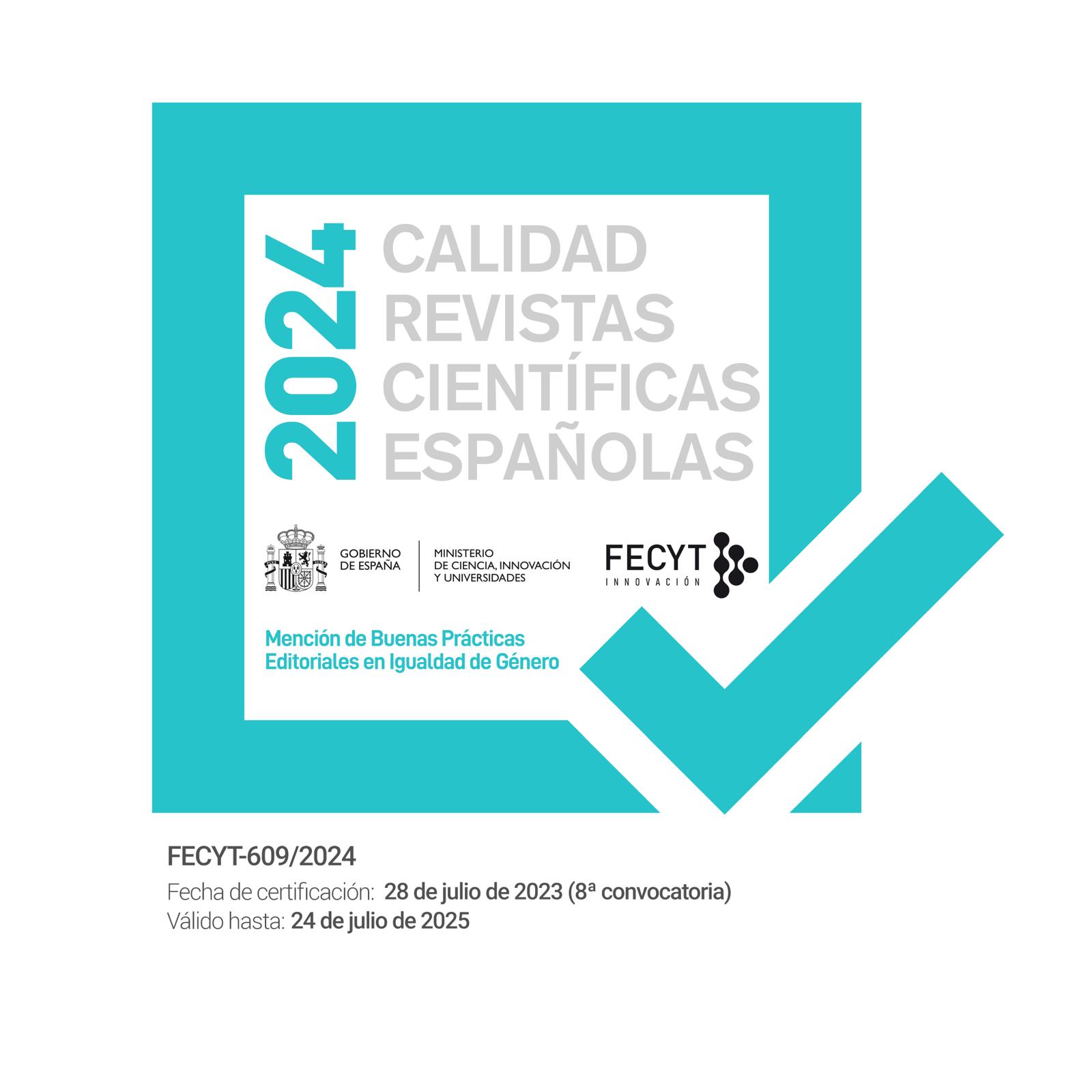LA INTERTEXTUALIDAD EXISTENCIAL ENTRE PARTE DE UNA HISTORIA DE IGNACIO ALDECOA Y ALGUNAS NARRACIONES DE ALBERT CAMUS
Keywords:
Intertextuality, Ignacio Aldecoa, Albert Camus, Prose of the 50’sAbstract
Spanish post-war literature revealed thematic certain subjects and stories that were linked with some of the postulates of existentialist philosophy, though they did not derive directly from a developed philosophic system in Spain. The narrative works of Ignacio Aldecoa (1925-1969) have usually been interpreted and analysed mainly under the premises of social commitments. Nevertheless, it is possible to notice, within Aldecoa’s narrative point of view, an approach to a problematic reality, since several of his characters are genuine representations of the suffering and uncertainty of human condition. Topics such as nature and being, ontological solitude, search, lack of communication as well as absurdity and death are constant in the novel Parte de una historia, by the Spanish Aldecoa and in some narrations and essays written by Albert Camus. Among the various works of both contemporary authors, there are similar existential themes, so their novels, some of their stories and their essays discuss with one another.











